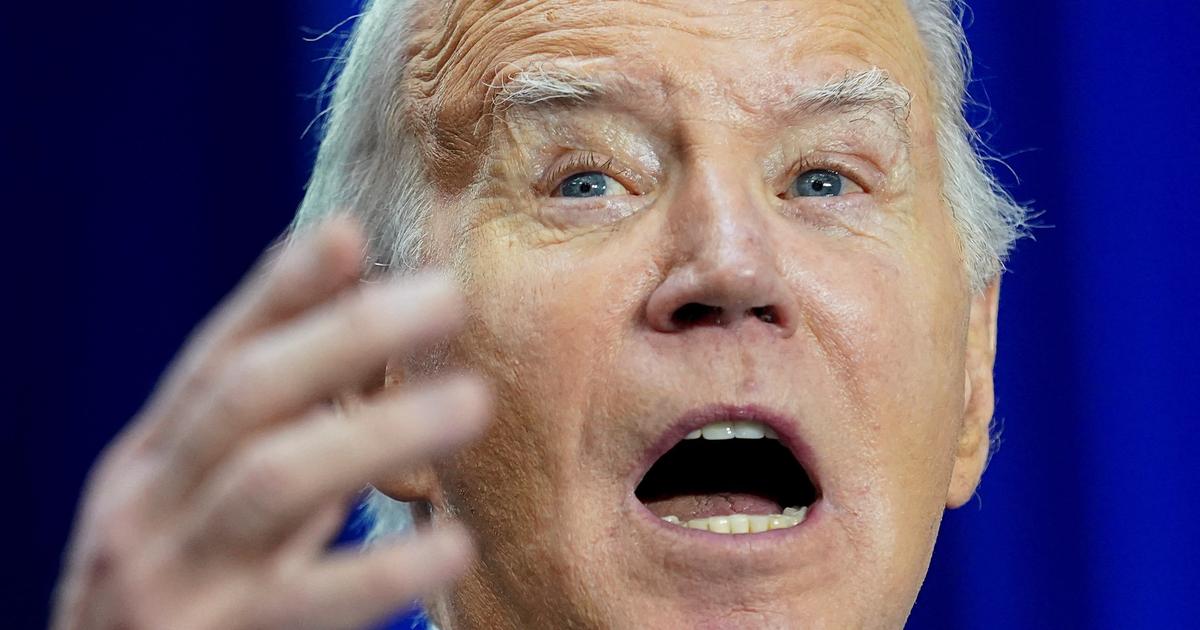- Thu. Apr 25th, 2024
Latest Post
Concerns Over Human Rights Raised by FIFA Sponsorship Deal with Saudi Aramco for World Cups
Reacting to FIFA’s four-year global partnership deal with Saudi Aramco, Amnesty International’s Head of Economic and Social Justice Steve Cockburn expressed concerns about the state-owned fossil fuel company sponsoring the…
Economic growth in the US decelerates in the first quarter of the year
The US economy saw a slower growth rate than expected in the first quarter, alongside a significant rise in inflation. These trends are in contrast to the strong start that…
Florida man to open sports bar on Eastside Beltline in the upcoming month
Next month, a new Gulf Coast-themed sports and dive bar called Floridaman will be opening on the second floor of Breaker Breaker on the Eastside Beltline. The bar is named…
Bladen County’s Health and Human Services Hosts Medication Take Back Event
Bladen County Health and Human Services agency is taking action against prescription drug abuse by organizing a community-focused Medication Take Back event. Vicky Graham, a Health Educator II at the…
The new Data Science Building embodies the school’s fundamental principles.
The design of the building began in January 2020 with the architectural teams of Hopkins Architects, VMDO, and the University’s Office of the Architect, with construction led by the Gilbane…
Ott appointed as a member of Team Canada’s coaching staff for World Championship
Hockey Canada has announced that Blues Assistant Coach Steve Ott has been selected as an assistant coach for Team Canada at the 2024 IIHF World Championship. The coaching staff will…
Business News in Jacksonville this Week
This week on Jacksonville Business Edition, the focus is on Comcast RISE, a small business grant program. Comcast RISE is offering $500,000 in grants for entrepreneurs in Northeast Florida. Michelle…
Local Health Agencies and Animal Services Respond to Avian Flu Outbreak
Local doctors and animal experts in San Luis Obispo, California are urging caution around animals as the avian flu spreads across the country. The SLO County Public Health is advising…
Pittsburgh International Airport Introduces Advanced Screening Technology to Enhance Passenger Experience
Facial recognition technology has made its way to Pittsburgh International Airport, similar to my experience at Boston Logan International Airport. TSA agents now ask travelers to step to the side…
Team USA Dominates Slovakia with a 9-0 Victory in Opening Game of U18 World Championship
Midway through the middle frame, Team USA’s top line scored again, this time from Teddy Stiga. Ziemer passed to Hagens as they entered the attacking zone. Hagens drew both defenders…




